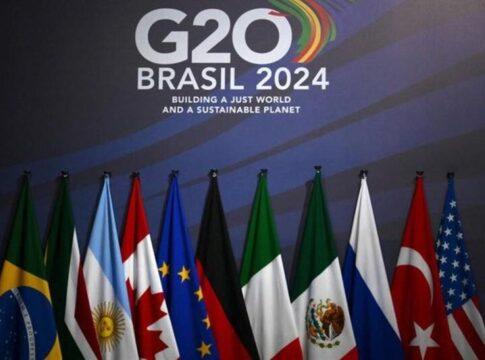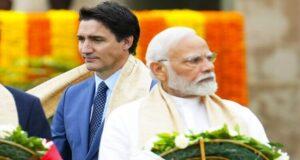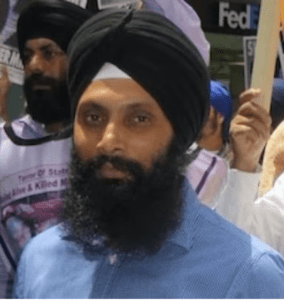As the G20 Summit progresses, all eyes are on the anticipated meeting between Canadian Prime Minister Justin Trudeau and Indian Prime Minister Narendra Modi. Central to this gathering is the delicate balancing act between economic ambitions and the serious concerns over transnational repression, brought to light by the unresolved killing of Sikh activist Hardeep Singh Nijjar. This incident has not only heightened tensions between the two nations but has also highlighted broader issues of international repression.
Nijjar’s murder in June 2023 has become a pivotal point in Canada-India relations. An outspoken advocate for the Khalistan movement, Nijjar was tragically murdered outside a Sikh temple in Surrey, British Columbia. Canadian authorities have pointed to “credible allegations” of Indian government involvement—a charge that New Delhi has firmly denied. These accusations have led to a diplomatic back-and-forth, resulting in the expulsion of diplomats and suspension of consular services by both countries.
The Royal Canadian Mounted Police (RCMP) has uncovered evidence suggesting the involvement of Indian agents in criminal activities within Canada, including Nijjar’s assassination. Canadian Foreign Minister Mélanie Joly has urged India to cooperate, but diplomatic immunity poses a challenge. Meanwhile, India accuses Canada of not providing sufficient evidence, considering the allegations politically driven.
Amidst this diplomatic tension, significant trade relations, valued at about $8 billion, stand in the balance. The controversy surrounding Nijjar’s case and related claims of foreign meddling have stalled trade talks, paused by Canada amidst ongoing tensions.
Balpreet Singh from the World Sikh Organisation of Canada has noted a revival of the Khalistan movement among the younger Sikh diaspora, despite its diminished presence in India. Journalist Gurpreet Singh points out that the movement’s limited traction in India does not mirror the fervor seen among the diaspora.
Vina Nadjibulla from the Asia Pacific Foundation emphasizes the importance of Canada securing international support, warning of the national security risks such allegations pose. She highlights the potential for these tensions to escalate, potentially impacting both diplomatic and trade relations.
Internationally, reactions have been mixed. The U.S. has called on India to engage with Canadian investigations without overt criticism, while New Zealand stresses judicial due process. The primary concern remains how to maintain strategic partnerships amidst these serious allegations.
Arif Lalani, a senior advisor at StrategyCorp and former Canadian diplomat, underscores the uncertainty facing businesses and citizens, suggesting that ongoing diplomatic friction could stifle investment and impede economic progress.
As Trudeau and Modi prepare for their critical dialogue at the G20 Summit, they are under immense pressure to resolve the diplomatic deadlock while protecting economic interests and community connections. Trudeau has expressed a desire to steer clear of conflict with this key trading partner, yet addressing transnational repression issues remains crucial.
Economic advisor Jeff Nankivell of the Asia Pacific Foundation warns that future visa restrictions or tariffs could have far-reaching effects on Canada’s Indian diaspora and economic relations at large. The outcome of this diplomatic engagement will have enduring repercussions, not only for Canada and India but also for the global understanding of transnational repression and state sovereignty.
This diplomatic tension between Canada and India highlights the nuanced challenges of intertwining trade relations with human rights concerns. As the world observes, the G20 Summit offers a platform for potential dialogue and resolution. The question remains whether economic priorities will overshadow human rights issues, as the international community anticipates the diplomatic maneuvers of these two key Nations.




